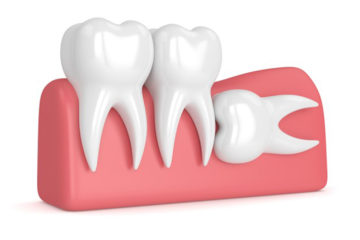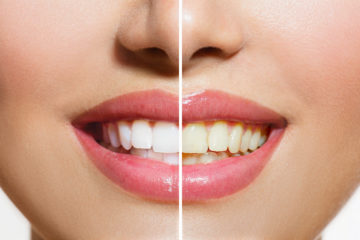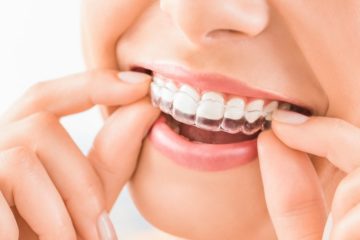The Truth Behind Four Common Dental Myths

There is no shortage of myths about personal health, and dental health is certainly not immune. In fact, there may be more myths and misconceptions surrounding dental care than any other branch of medicine. Here are four myths that are not only untrue, but also potentially dangerous to your oral health.
X-rays expose you to radiation, so you should avoid them.
X-rays taken by your dentist are absolutely vital to identifying cavities between the teeth, which cannot be detected any other way. The amount of radiation received by a set of dental x-rays is roughly equivalent to the radiation absorbed during a summer day on the beach.
Fluoride is toxic; you should use organic toothpaste instead.
The discovery that fluoride strengthens teeth and prevents cavities was one of the most significant events in the history of global healthcare. It has been widely credited for the significant decrease in the incidence of cavities among younger generations of patients. Fluoride is in fact toxic—but only if ingested at extremely high, nearly impossible levels.
Brushing with baking soda and/or hydrogen peroxide is just as good—if not better—than toothpaste.
Baking soda and hydrogen peroxide both have beneficial properties regarding the cleaning of your teeth. But neither should be used exclusively in the place of toothpaste. Baking soda is highly abrasive and can wear down enamel quickly if used every day. Hydrogen peroxide has the potential to burn the gums and cause other sores on the soft tissues of the mouth.
“I read that flossing is no longer considered necessary, so I don’t need to do it.”
In 2016, the US Health Department dropped flossing as a recommended practice after determining that there is insufficient evidence to support its efficacy. Anecdotal evidence is far stronger, though. The ADA and almost every dentist in the world will tell you that flossing is essential to preventing cavities. Not flossing is equivalent to brushing half your teeth.
It’s easy to get caught up in myths and hearsay about dental care. But the simple truth is that brushing and flossing every day is the best practice for keeping your teeth and gums healthy. Like all medical professionals, dentists’ first priority is the health of their patients—pay attention to their recommendations. They can only help you.






No Comment